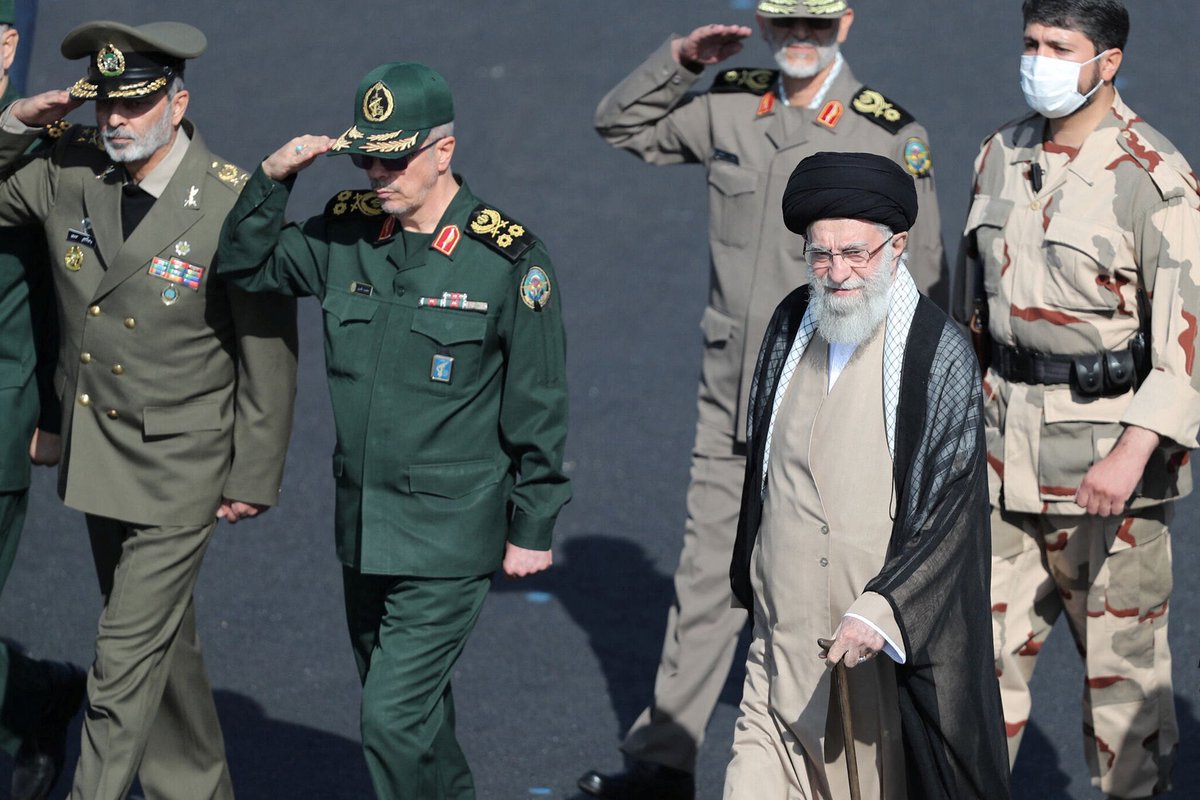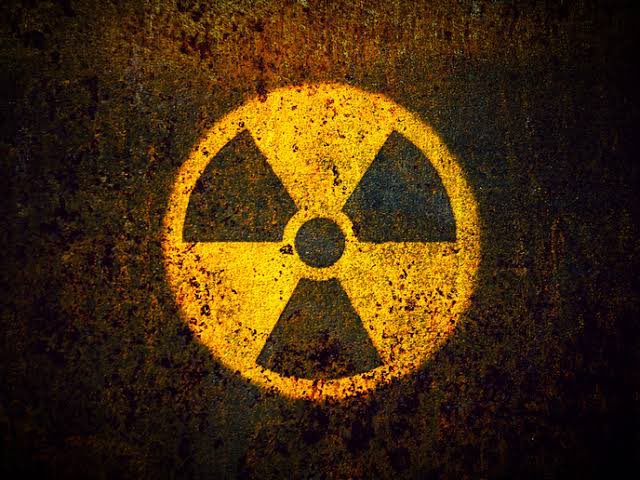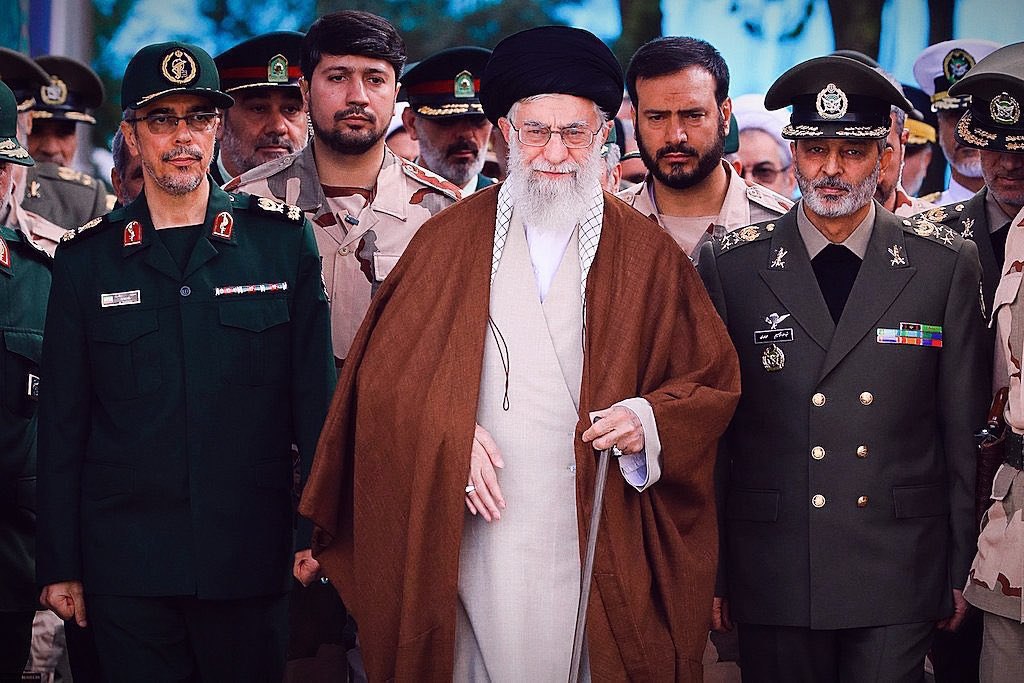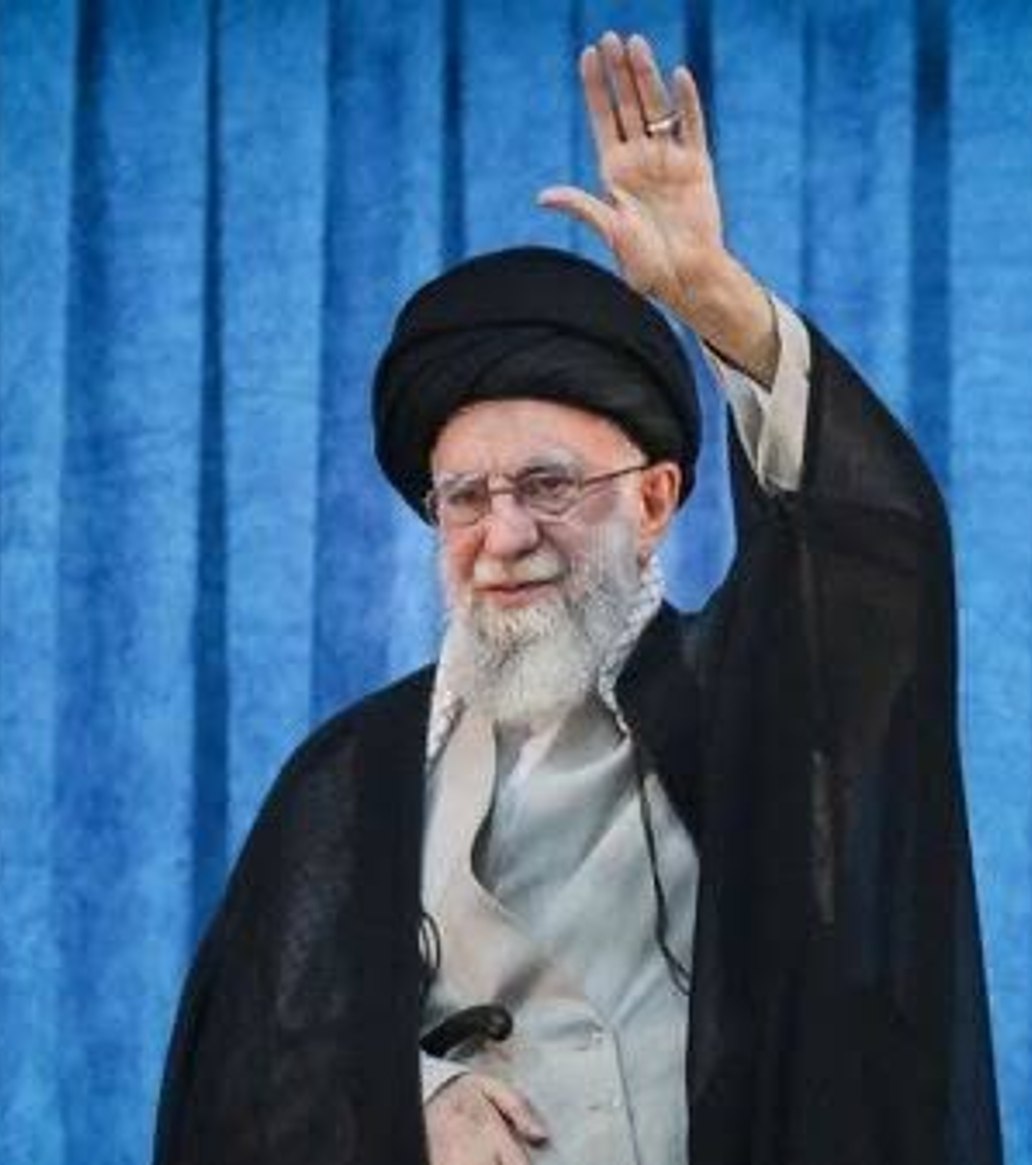New Wave of Iranian Ballistic Missiles Directly Strikes Tel Aviv, Escalating Middle East Tensions
In a dramatic escalation of hostilities, Iran launched a new wave of ballistic missiles that directly struck the Israeli city of Tel Aviv early Friday morning. This marks one of the most direct and intense attacks on Israel’s densely populated urban center in recent history. Israeli defense officials confirmed that multiple missiles breached their Iron Dome defenses, resulting in significant damage across several districts of the city.
The missile barrage is believed to be a retaliatory response to recent Israeli airstrikes that targeted Iranian military assets in Syria and within Iran’s own borders. The Islamic Revolutionary Guard Corps (IRGC) has claimed responsibility for the attack, labeling it a "decisive strike" against what it calls "Zionist aggression."
Initial reports indicate multiple casualties and widespread panic in Tel Aviv, with emergency services rushing to affected areas. Residential buildings, infrastructure, and parts of the city’s central business district suffered substantial damage. Authorities have urged residents to remain in shelters and avoid unnecessary movement until further notice.
Israel's Prime Minister Benjamin Netanyahu convened an emergency security cabinet meeting following the missile strikes. In a televised address, he stated that Israel will respond "with overwhelming force" and warned that Iran will "bear the full consequences of this aggression." The Israel Defense Forces (IDF) have already begun mobilizing additional units to prepare for potential retaliatory operations.
The international community has expressed deep concern over the escalation. The United Nations Secretary-General issued a statement calling for "urgent de-escalation" and warned that further violence could destabilize the broader region. Meanwhile, global markets responded sharply, with oil prices surging due to fears of wider conflict in the Middle East.
As the situation continues to unfold, both nations appear on the brink of direct, prolonged conflict. With Tel Aviv now the target of ballistic missile strikes, the risk of a broader regional war involving multiple state and non-state actors has never been higher. Observers warn that the coming days will be critical in determining whether diplomacy or further warfare will define the region’s future.









